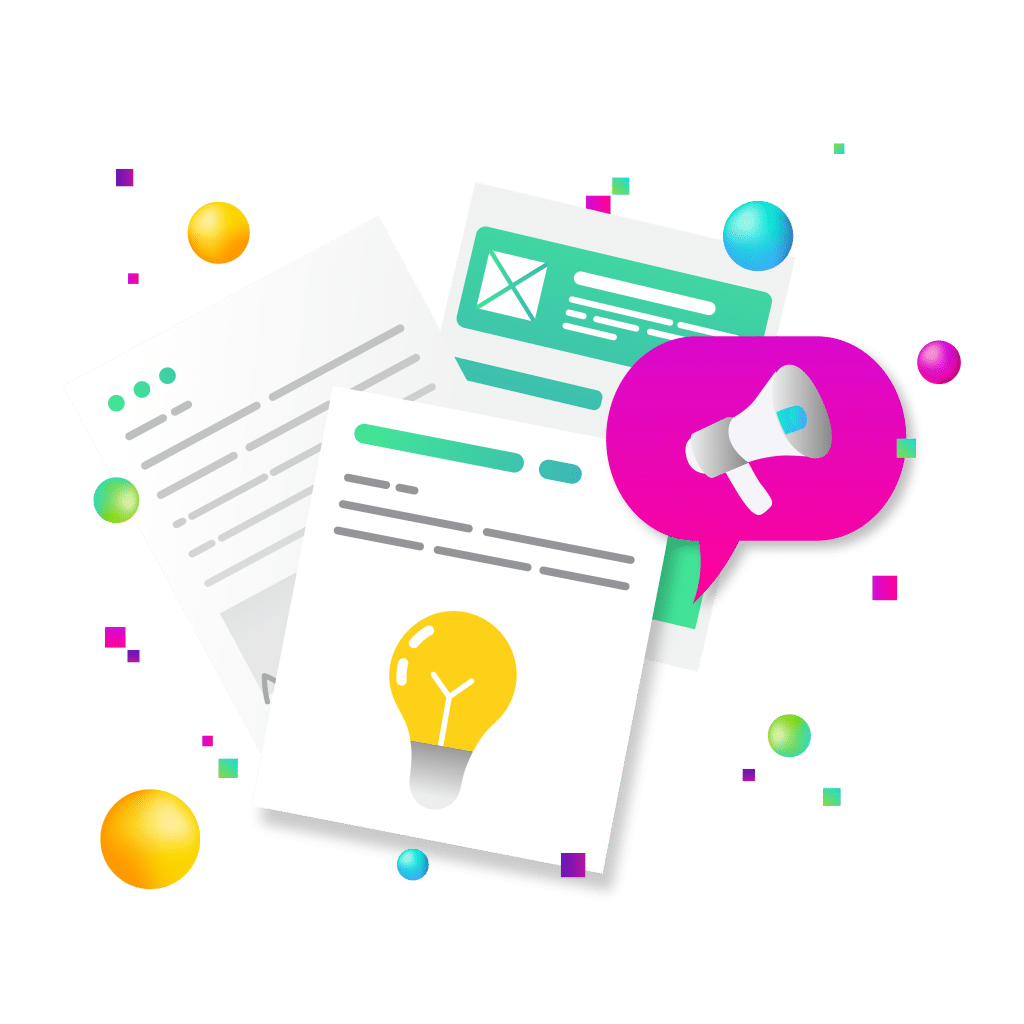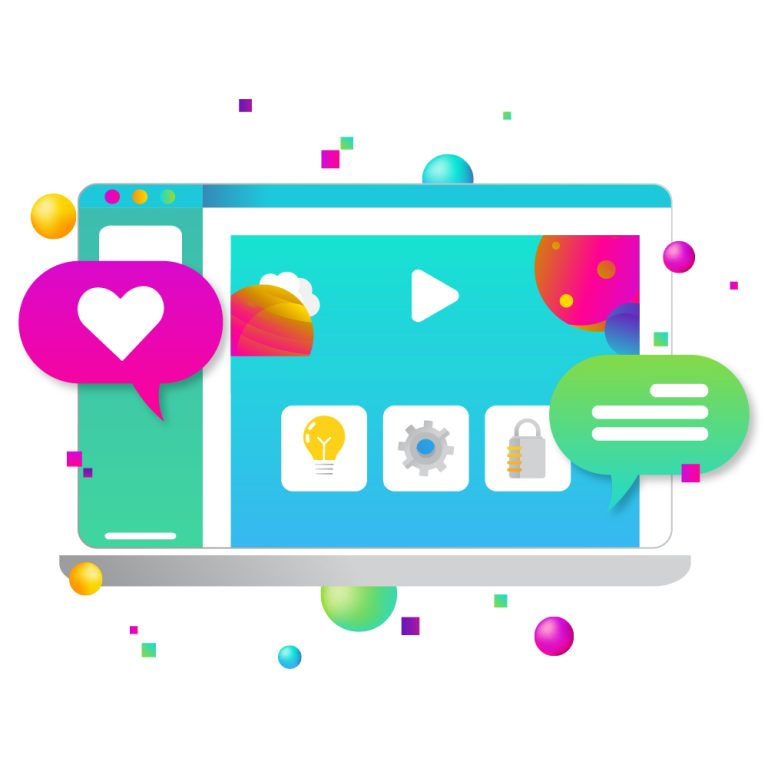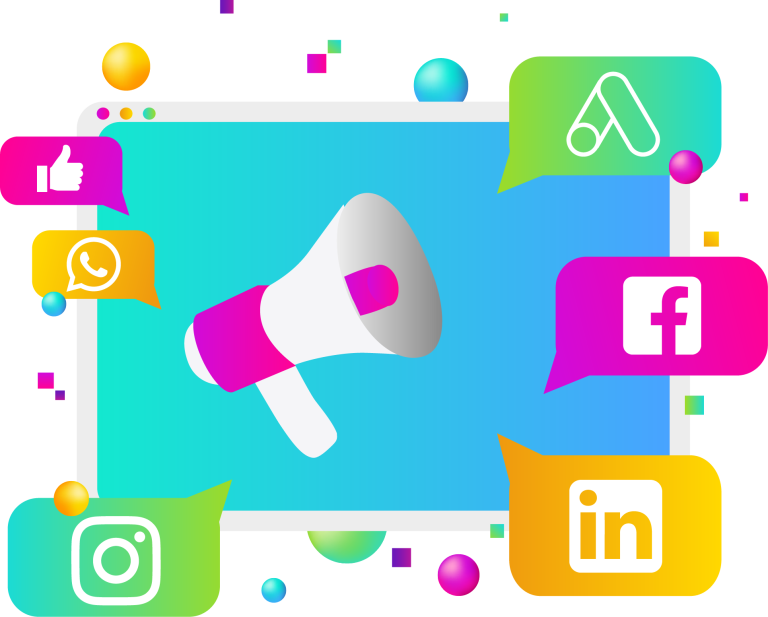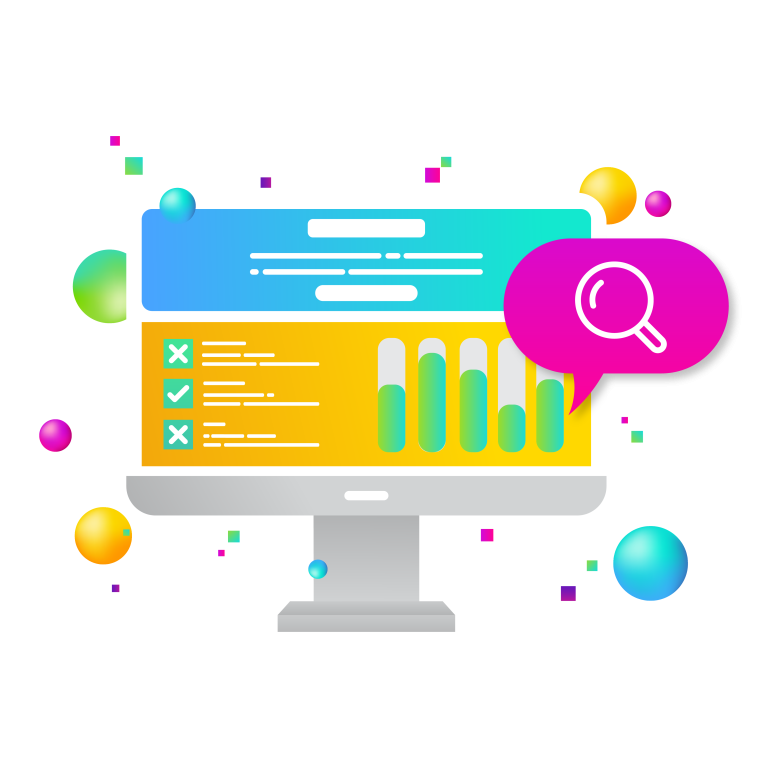
The landscape of content creation has undergone a seismic shift in recent years, driven largely by advancements in artificial intelligence (AI). From automated article generation to personalized marketing messages, AI is revolutionizing how stories are told and consumed. As AI becomes more sophisticated, it is increasingly capable of weaving compelling narratives, optimizing content for specific audiences, and streamlining the creative process.
This surge in AI-driven storytelling is not just about efficiency; it’s about unlocking new forms of creativity and engagement that were previously unimaginable. Content creators are now able to reach audiences with unprecedented precision, delivering personalized experiences that resonate on a deeper level. In this article, we will explore how AI is transforming storytelling by enhancing creativity, efficiency, and audience engagement, while also addressing the ethical and practical challenges that come with it.
The Evolution of Storytelling
Traditional Storytelling
For centuries, storytelling has been an inherently human art form—rooted in oral traditions, literature, and later, multimedia formats. The essence of effective storytelling has always been its ability to convey emotion, provoke thought, and connect with audiences on a personal level. Ancient myths, religious texts, and historical epics were all methods of preserving culture and values through narrative. Even with the advent of printing and broadcasting, storytelling remained a deeply human craft, reliant on intuition, emotion, and experience.
Digital Transformation
The digital age disrupted traditional storytelling by democratizing content creation. Platforms like YouTube, Instagram, and TikTok enabled individuals to share stories with a global audience instantly. This era also introduced data-driven storytelling, where creators could tailor their narratives based on audience analytics. However, this abundance of content led to a paradox of choice for consumers, making it challenging for creators to capture and retain attention.
The Rise of AI in Content
AI’s entrance into content creation marks a new chapter in the evolution of storytelling. AI algorithms can now generate written, audio, and visual content at scale, analyze vast amounts of audience data in real-time, and even predict which types of stories will resonate most effectively. Unlike traditional tools that merely support human creators, AI can actively participate in the creative process, offering suggestions, drafting content, and refining narratives. This integration of AI not only amplifies the reach of content creators but also enhances the precision and impact of their stories.
How AI Enhances Storytelling
Personalization and Audience Insights
One of the most significant contributions of AI to content creation is its ability to deliver personalized experiences at scale. AI algorithms, driven by machine learning and predictive analytics, can process vast amounts of user data, including browsing history, social media behavior, and previous content interactions. By identifying patterns in this data, AI can help creators tailor content to individual preferences, making each story feel uniquely relevant to its audience.
For example, Spotify’s AI-driven Discover Weekly playlist analyzes listening habits to recommend songs, creating a personalized experience that feels almost intuitive. Similarly, AI tools used by news outlets can suggest topics based on what readers have previously engaged with, ensuring that the content remains both timely and relevant. In the realm of marketing, AI-driven personalization has been shown to boost engagement rates significantly, with personalized emails, for instance, yielding open rates 29% higher than non-personalized ones.
Automation of Routine Tasks
AI’s ability to handle repetitive and time-consuming tasks is a game-changer for content creators. Tools like Grammarly and Wordtune use AI to automate proofreading, grammar checks, and style adjustments, enabling writers to focus more on creativity rather than mechanical errors. Additionally, AI-powered platforms can auto-generate summaries, meta descriptions, and even social media posts based on a primary piece of content.
In journalism, AI systems such as Bloomberg’s Cyborg can quickly analyze financial reports and generate news stories within minutes. This efficiency allows human journalists to allocate more time to investigative and feature reporting. In video production, AI tools can automate tasks such as color correction, subtitle generation, and even scene selection, drastically reducing editing time without compromising quality.
Creative Assistance
Far from replacing human creativity, AI serves as a powerful collaborator in the storytelling process. AI tools like ChatGPT and Jasper can generate ideas, craft dialogue, and even develop entire narratives based on minimal prompts. By leveraging natural language processing (NLP), these tools can analyze large datasets of existing stories to suggest themes, plots, and character developments that align with audience preferences.
For instance, scriptwriters can use AI to brainstorm alternative plotlines or dialogue variations, while marketers can utilize AI to draft multiple versions of ad copy to A/B test. In the publishing world, AI tools can assist in determining which manuscript themes are trending and predict market responses based on sentiment analysis. This synergy between human creativity and AI’s analytical prowess allows for a more nuanced and data-informed approach to storytelling.
Visual Storytelling with AI
AI’s capabilities extend beyond text-based content into the realm of visual storytelling. Tools like Midjourney and DALL·E use deep learning to generate images based on textual prompts, allowing creators to visualize concepts rapidly. AI-powered platforms such as Canva and Adobe Sensei use machine learning to recommend design elements, color palettes, and layouts that align with the creator’s brand and audience preferences.
Moreover, AI can enhance video storytelling through automated editing, scene transitions, and even personalized video recommendations. For example, YouTube’s AI-driven recommendation system accounts for over 70% of the platform’s views by suggesting videos that align with user interests. This level of precision in visual storytelling not only boosts engagement but also helps maintain a cohesive narrative across different content formats.
Challenges and Ethical Considerations
Authenticity and Creativity
As AI-generated content becomes increasingly indistinguishable from human-created works, maintaining authenticity poses a significant challenge. The risk is that storytelling could become formulaic, driven more by algorithms than by human emotion and experience. Ensuring that AI enhances rather than replaces the human touch is crucial to preserving the authenticity that audiences value.
Ethical AI Use
Issues such as copyright, deepfakes, and biased content generation present ethical dilemmas. For instance, AI-generated deepfakes can spread misinformation rapidly, undermining trust in digital content. Implementing ethical guidelines and transparency—such as disclaimers for AI-generated content—is essential to addressing these concerns.
Job Displacement Fears
The automation of routine tasks raises legitimate fears about job displacement in content creation. While AI can enhance efficiency, the creative and strategic aspects of storytelling still require a human touch. Upskilling and a focus on hybrid roles that integrate AI tools with human creativity will be essential for mitigating these risks.
Successful Case Studies
Netflix: AI’s algorithm not only recommends shows but also informs production decisions by analyzing viewing patterns and predicting trends. This data-driven approach has been instrumental in the success of series like Stranger Things and The Witcher.
The Washington Post: Heliograf, an AI-powered reporting tool, generated over 850 articles in its first year, covering high-frequency topics with speed and accuracy while allowing journalists to focus on investigative reporting.
AI in Scriptwriting: Warner Bros has explored AI for script analysis, using algorithms to predict box office success based on screenplay elements, optimizing the green-lighting process for new projects.
The Future of AI in Storytelling
Predictions: Interactive and Adaptive Storytelling
As AI continues to advance, the next phase of content creation will likely involve fully interactive stories that adapt in real-time based on user choices. Leveraging natural language processing (NLP) and machine learning, AI systems could enable branching narratives where readers or viewers influence outcomes by making decisions at key moments.
This approach would create a personalized storytelling experience, making content more immersive and engaging. For example, interactive films and video games could dynamically adjust plot twists and character interactions based on user preferences and past behaviors. Beyond entertainment, this could transform e-learning, marketing, and customer service, providing customized content journeys that keep audiences captivated.
AI-driven storytelling platforms might also incorporate sentiment analysis to gauge user emotions and adjust narratives accordingly. By analyzing user feedback and behavior in real-time, AI could refine stories to better resonate with specific audiences, enhancing both retention and satisfaction.
Hybrid Models: The Best of Both Worlds
The most promising future for AI in storytelling lies in hybrid models that combine AI’s analytical capabilities with human creativity. In this model, AI would handle tasks such as data analysis, audience insights, and content optimization, while human creators focus on ideation, emotional depth, and narrative voice.
For instance, AI could suggest plot structures, identify trending themes, and automate routine tasks like editing and formatting. Meanwhile, writers and marketers would refine these suggestions, adding unique perspectives and emotional intelligence that AI lacks. This approach not only increases efficiency but also allows creators to focus on high-value tasks, ultimately leading to richer and more nuanced stories.
Industries such as journalism, marketing, and film production are already exploring this hybrid model. AI-driven analytics help journalists identify trending topics quickly, while human writers add depth and context to stories. In marketing, AI-generated insights inform campaign strategies, with copywriters crafting compelling narratives based on these insights.
Regulation: Ensuring Ethical and Transparent AI Use
As AI becomes more integrated into content creation, establishing ethical standards and regulations will be crucial to maintain transparency, accountability, and public trust. Key areas of focus should include:
- Disclosure Requirements: Content generated or significantly influenced by AI should be clearly labeled, ensuring audiences are aware of AI’s role in creation. Transparent disclosure helps prevent the erosion of trust, especially in journalism and marketing.
- Bias Mitigation: AI systems trained on biased data can perpetuate stereotypes and misinformation. Regulatory frameworks must mandate fairness audits and diverse training datasets to minimize bias in AI-generated content.
- Privacy and Data Protection: AI’s ability to analyze vast amounts of user data raises privacy concerns. Regulations should enforce stringent data protection standards, requiring clear consent for data usage in AI-driven personalization.
- Accountability and Liability: Defining accountability for AI-generated content is essential. Regulations should clarify who is responsible—developers, businesses, or platforms—when AI-generated content spreads misinformation or violates copyright.
Collaborations between governments, tech companies, and content creators will be necessary to develop these standards. Proactive regulation can help prevent misuse of AI in content creation while fostering an environment where innovation and ethical practices coexist.
New Target offers comprehensive content creation services that blend AI-driven insights with compelling storytelling. Our expertise spans content marketing, AI chatbot solutions, and branding, ensuring that each piece of content resonates with the target audience.
By leveraging advanced AI tools for personalized experiences and actionable analytics, New Target helps businesses craft narratives that are both authentic and data-informed. Our approach not only enhances engagement but also streamlines the content creation process, making us a valuable partner for organizations looking to elevate their storytelling. For more information let’s chat.



